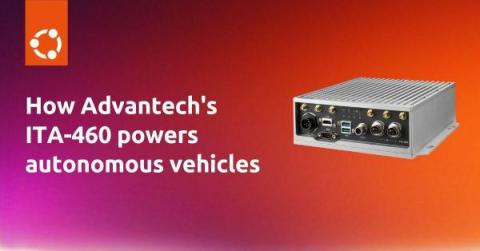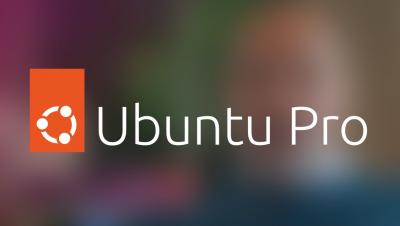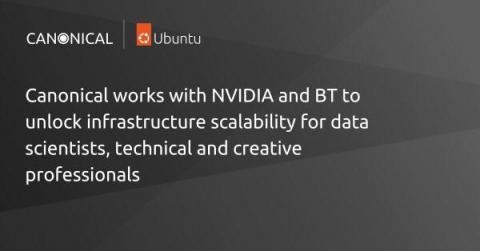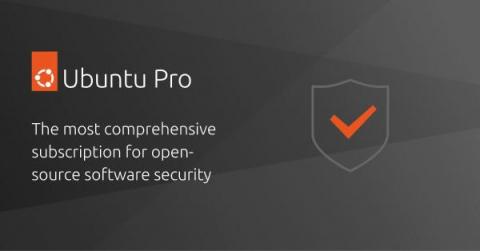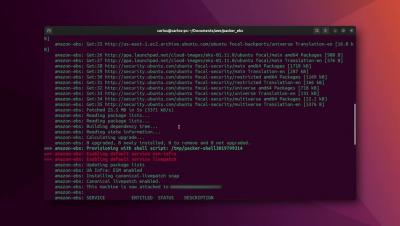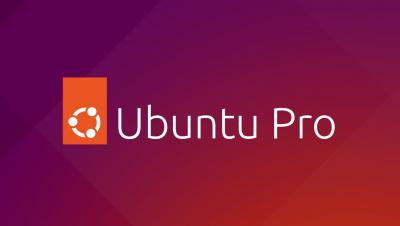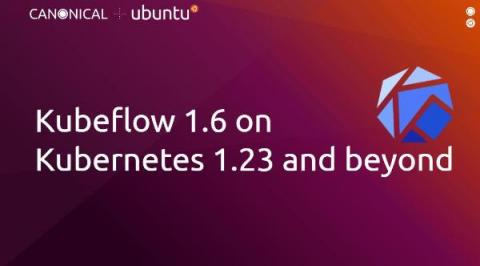How desktop and GPU virtualisation power up automotive innovation
Autonomous vehicles are all over the media these days. But what of the technologies that make them possible? In a previous blog post, we covered the many fascinating use cases for digital twins and their applications for the development of self-driving cars. But with the race towards autonomy becoming fiercer, the costs to use these new enabling technologies are rising exponentially. Moreover, the need for talent and experts across the world is forcing companies to shift to remote work.



